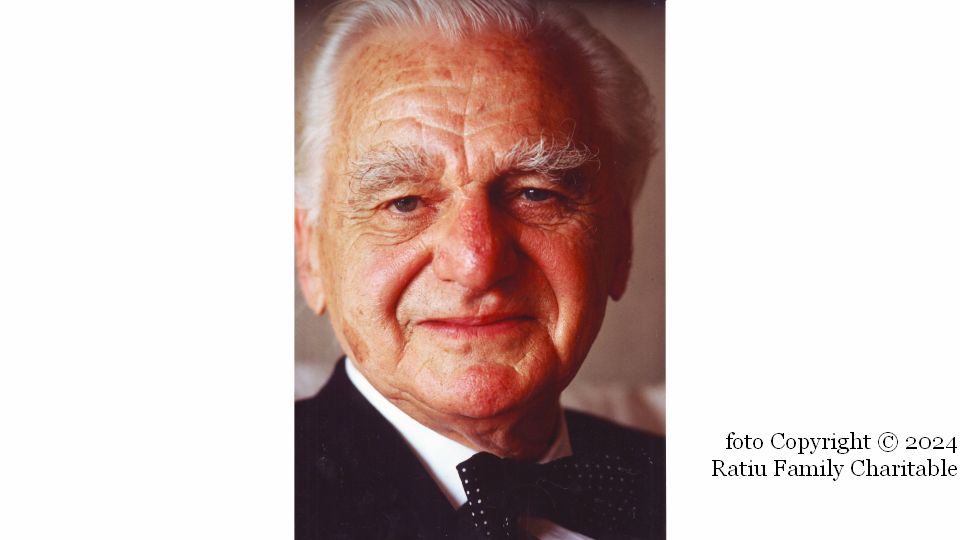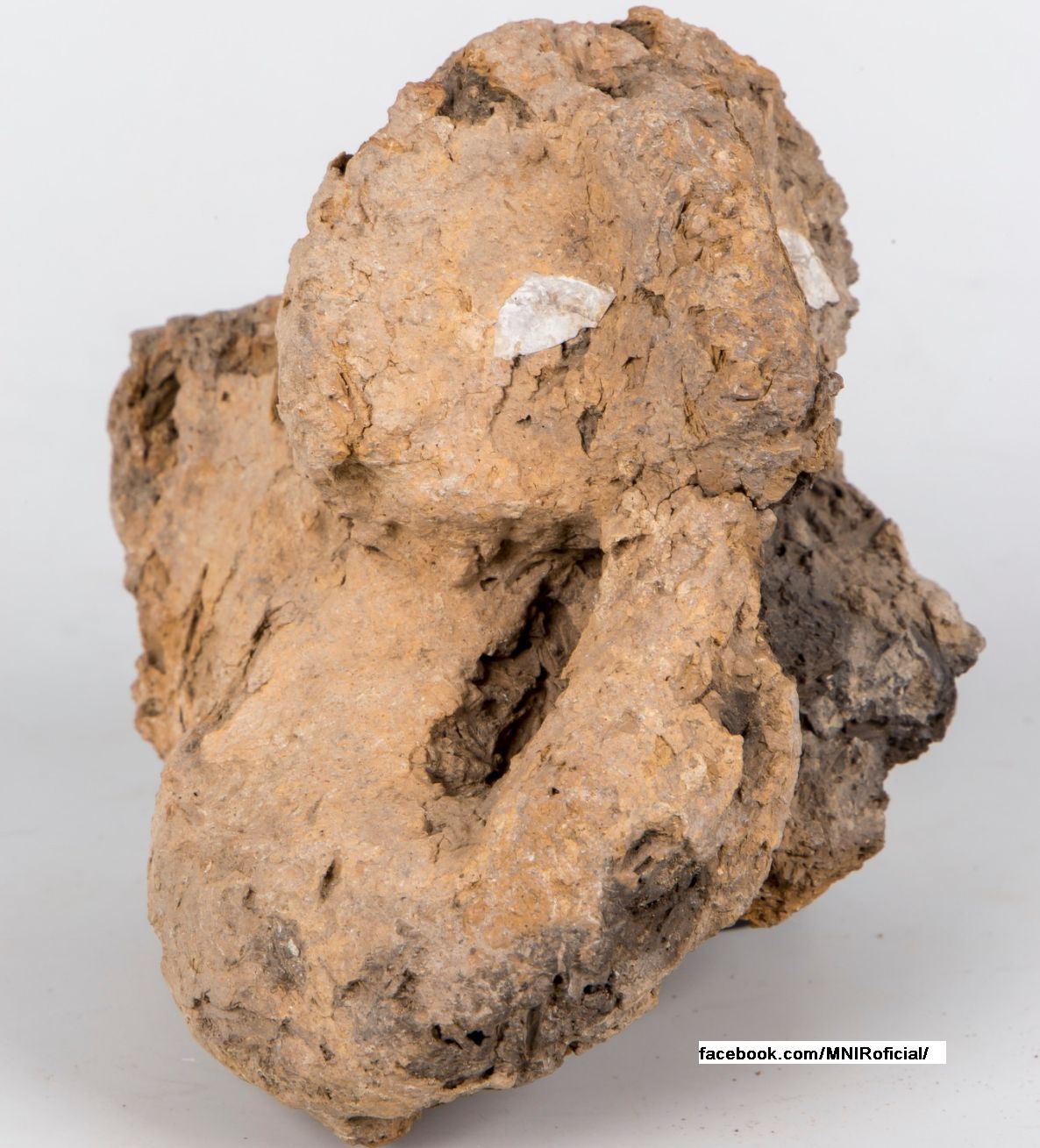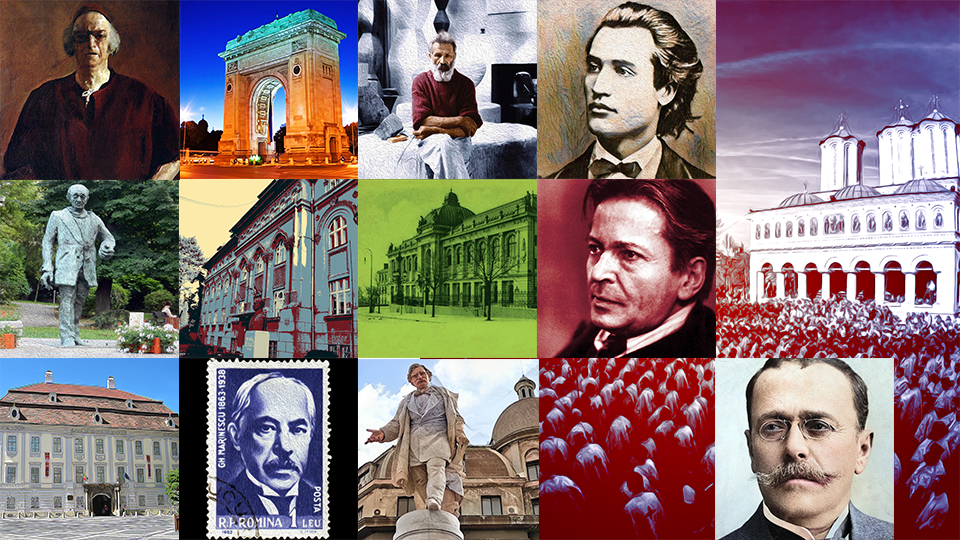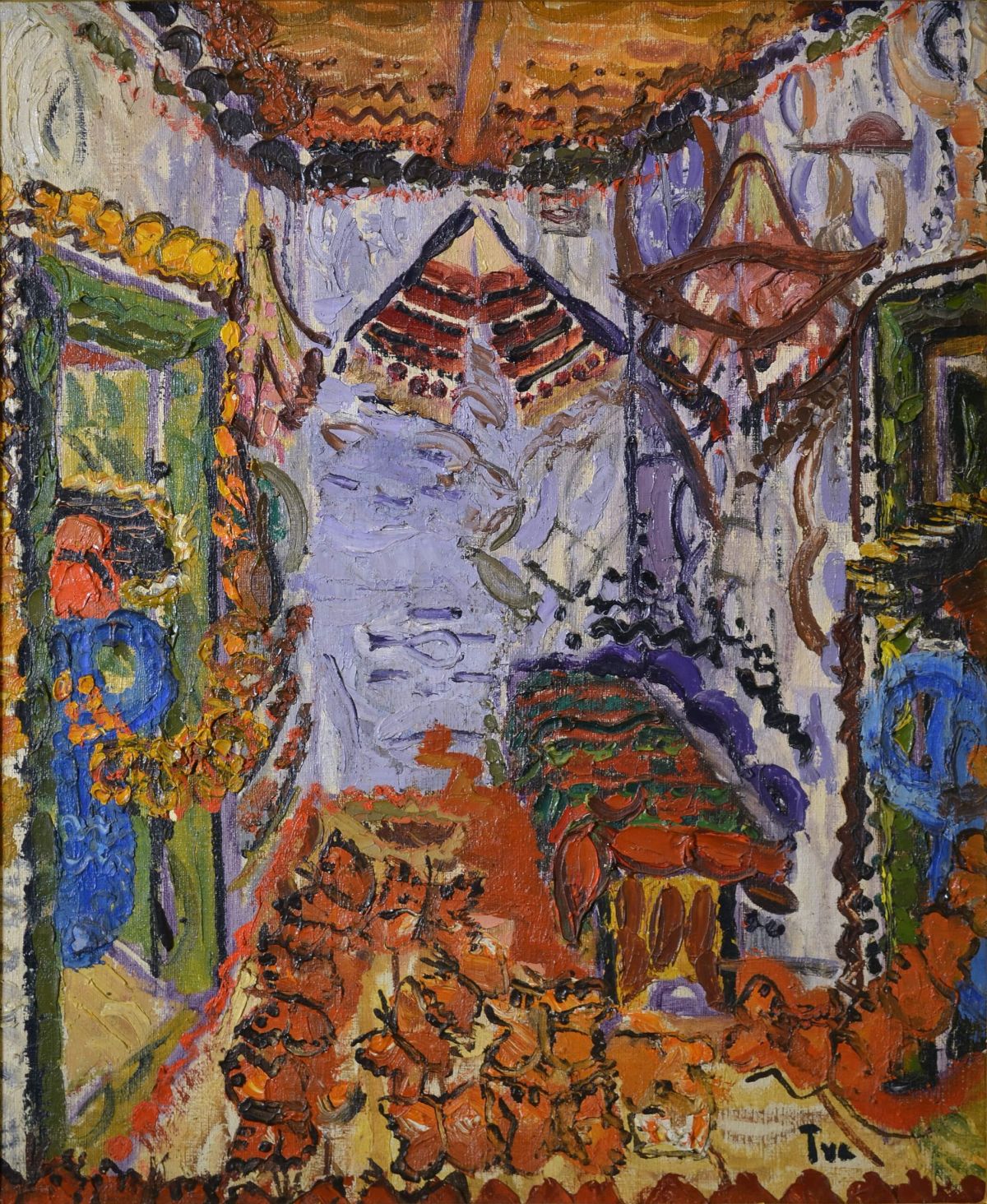The Ratiu family, an important Romanian family in Transylvania
The well-deserving history of a distinguished Romanian family

Eugen Nasta, 05.10.2024, 14:00
The Rațiu family (Rațiu of Noșlac in Turda) is one of the oldest and most respectable aristocratic families in Transylvania with a history spanning several centuries and roots dating back to the 14th century.
The existence of this family was first documented during the reign of Sigismund of Luxemburg (1368-1437), with origins in the locality of Noșlac, Alba County (central Romania). Along the centuries, the family received several aristocratic titles, having as ancestor Stefan Rácz of Nagylak (Noșlac), who was made a nobleman by the Transylvanian prince in Alba Iulia in 1625. The Rațius remained the only noble Romanian family in Turda, a city ruled at that time by the Hungarian aristocracy and situated in north-eastern Romania. The other Romanian families had been subjected to the process of Hungarization, and gradually disappeared.
Out of the leading figures of the Rațiu family, we’d like to mention: Basiliu Rațiu, a Greek-Catholic Archpriest or Ioan Rațiu, one of the main political figures of the 1848 revolution, lawyer and politician, chair of the Romanian National Party and one of the main authors of the “Transylvanian Memorandum”. Along the centuries, the Rațiu family gave lawyers, scholars, politicians and clergymen. The name is strongly related to the fight for the rights of the Romanians in Transylvania and the preservation of the national identity against the assimilation policies.
A leading figure of the family’s recent history was also Ion Rațiu (1917-2000). Born in Turda, the Cluj County, he was a politician, lawyer, diplomat, businessman, writer and Romanian journalist representative of the inter-war National Peasant Party, which later turned into the Christian-Democratic National Peasants Party. Between 1940 and 1990 he lived in the UK, where together with his wife Elisabeth he founded The Rațiu Family Charitable Foundation back in 1979, which is promoting and supporting projects of education and research into Romania’s culture and history, both in Romania and the UK. The foundation offers scholarships on an annual basis.
After his return to Romania in 1990, Ion Rațiu got directly involved in the process of rebuilding the National Peasants Party, jointly with another leading political figure after the anti-communist revolution of 1989, Corneliu Coposu. Ion Rațiu ran for the presidential seat during the 1990 election, when he got roughly 5% of the votes, ranking third. He later became an MP. In 1991, Ion Rațiu founded the Cotidianul newspaper, the first private publication after 1989. Pamela Rațiu, a descendant of the family and president of the Rațiu Foundation told us the following about Ion Rațiu’s legacy and his candidature to Romania’s presidency.
” You know when you meet people that have given so much of their life in the positive directions and for the country or for the people, it’s really just an honour to sit with them and listen to them and try to take some of them in. I understand why people were taken by him and I take it’s incredible to see in demonstrations today people holding placards with his photograph. And there is a great deal to be said in that he was the best president Romania never had, I do believe and that has become a legacy. I think it was a plus, because I do believe if he had succeeded to becoming president he would have been held back and not allowed to do anything that he could have done. He could have made really serious changes, but he would have had his hands tied as many leaders are by all those around him. So, by not becoming the president he became a role model, which has a legacy, a positive legacy as opposed to those who were in place at that particular time.“
The Ratiu Foundation has a partnership with the London School of Economics IDEAS ThinkTank. The Ratiu forum focuses on programs for Romania or the Balkan region. It is a platform for free discussion on democracy and the democratic challenges in the Balkan region. The forum brings together academicians, practitioners, and Romanian citizens who share ideas and knowledge about the promotion and support of the democratic values in Romania and its neighbouring states. Also, Ion Ratiu’s cultural heritage includes the Rațiu Democracy Centre, which promotes the democratic values among youngsters, through various initiatives for pupils and students. These initiatives include legislative education programs meant to stimulate youngsters to understand and exert their civic rights and responsibilities.
Here is what Pamela Ratiu told us, about these educational initiatives
” What we do, also, is try to follow in Ion’s footsteps. I mean, everything is about the family, we’re moving forward, we’re taking different steps with our partnerships and the work that we do, that, again, it goes back to the values of the family and where we see a possibility, of bringing…you know…we have the good fortune to bring in this expertise to Romania from around Central-Eastern Europe and the Balkans.”
Ion Rațiu was one of the most conspicuous democratic figureheads in Romania after December 1989.





























